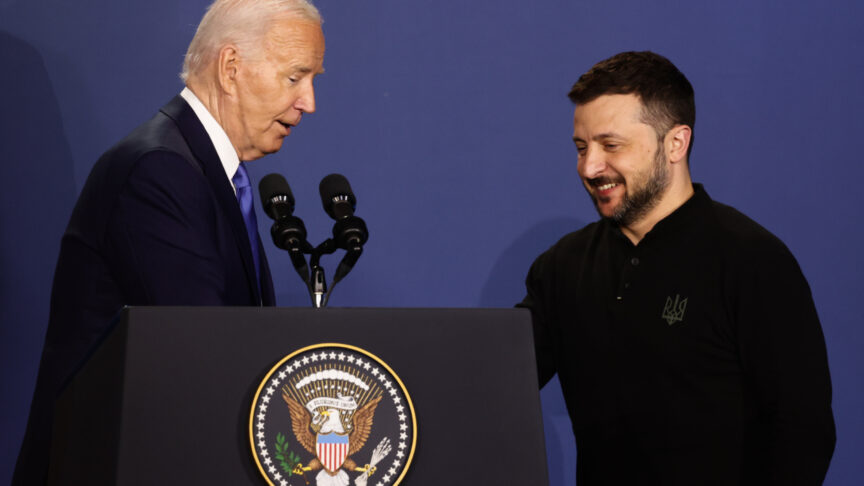How to avoid the ruin of the European market
Taskforces chaired by the European Commission should co-ordinate state aid, making sure that national measures reinforce each other to the greater benefit of the sectors concerned and avoid bending competition rules, writes Giuliano Amato and Emma Bonino
This article was published in The Financial Times on 11 February 2009.
Since the end of the second world war, Europe has enjoyed peace and prosperity as never before. Few would dispute the European community has played a vital role. Its central element is the common market – granting unhindered freedom of movement to people, capital, goods and services across the continent.
Member states’ economies are now so interlocked they form a strong internal market. This is what truly holds together the different visions of Europe. It has been the driving force that swept away border posts and controls and allowed 16 states to resign national currencies to adopt the euro. It has boosted economic growth and, through enlargement, strengthened and stabilised democracy in Europe.
It is for this simple reason that any sign of endangering the common market must be treated as a danger to Europe’s prosperity. Watching how many member states are reacting to the financial crisis convinces us that the risk to the internal market is real.
Yes, the crisis is so vast it calls for various forms of public intervention. Policy tools are in the hands of member states’ governments. But if decisions are taken in an unco-ordinated fashion, with exclusive regard to narrow national economic interests, these measures risk clashing with the competition rules that underpin the internal market. The European Commission treaty unequivocally states that “any aid granted by a member state … which distorts or threatens to distort competition [is] incompatible with the common market”.
The treaty contemplates some exceptions to this rule, but who is to be the judge? Not member states, but their referee – the Commission.
Here enters the time factor. The economy risks spiralling into depression. There is no time, some claim, to have the Brussels “bureaucracy” examine whether certain measures of state aid “distort or threaten to distort competition”. This stress on urgency is understandable. Nonetheless, if distorting measures enter into force, they must be either reversed by the Commission or they will be replicated , leaving no one better off, everyone worse off and the internal market in tatters.
The two sectors in Europe that have benefited from massive state aid are the banking and automotive industries. The European Commission has tried to speed up its review process, but governments have taken to announcing new measures on an almost daily basis. Some of this aid is of dubious compatibility with competition rules, even to the untrained eye. Accompanying the aid with threats to Brussels that it will be given a green light anyway amounts to a fait accompli. It is time for a change of approach. A procedure that works when state aid is infrequent cannot work today.
The European Council should meet urgently and declare that European banks and carmakers are in a “state of crisis”. Two taskforces should be set up, composed of government-appointed national representatives from the two sectors. Both taskforces should be chaired by the European Commission. Their mandate would be to co-ordinate state aid, making sure that national measures reinforce each other to the greater benefit of the sectors concerned and avoid bending competition rules.
This information exchange can prevent governments from taking decisions that may be penny wise but pound foolish. It also gives the competition referee, the European Commission, an ex ante role as its current ex post one is glaringly inadequate.
Both banking and the automotive sector are going through a structural crisis that calls for more ambitious restructuring. There is a precedent for a whole sector undergoing a European-wide process of restructuring: steel-making in the 1970s and 1980s. The Commission steered that process, thanks to the extensive powers derived from the treaty that established the European Coal and Steel Community.
But the similarities, although encouraging, stop here. The time for assigning production quotas is past. The heart of our proposal is co-ordination. Almost all EU member states are involved in automotive production. The Czech Republic makes more passenger cars per year than Italy. But who produces what in Europe is beside the point. Our prosperity is based on an intangible public good: the rules that made the internal market possible. European governments should never forget that their top national interest is the defence of Europe’s internal market.
Mr Amato is former prime minister of Italy. Ms Bonino is a former EU commissioner. Both are members of the European Council on Foreign Relations
The European Council on Foreign Relations does not take collective positions. ECFR publications only represent the views of their individual authors.


